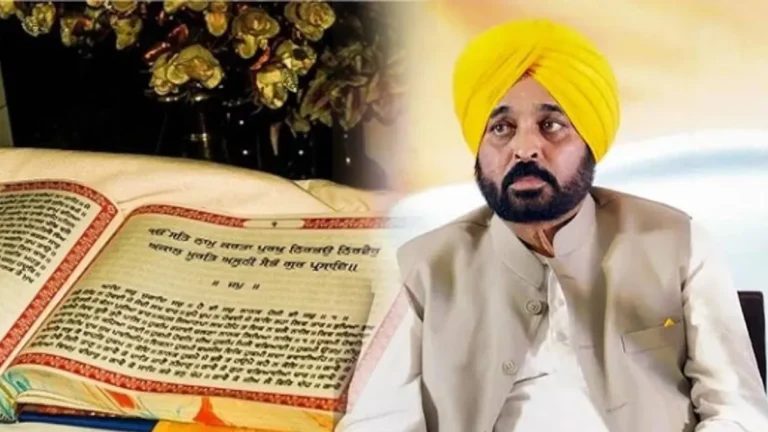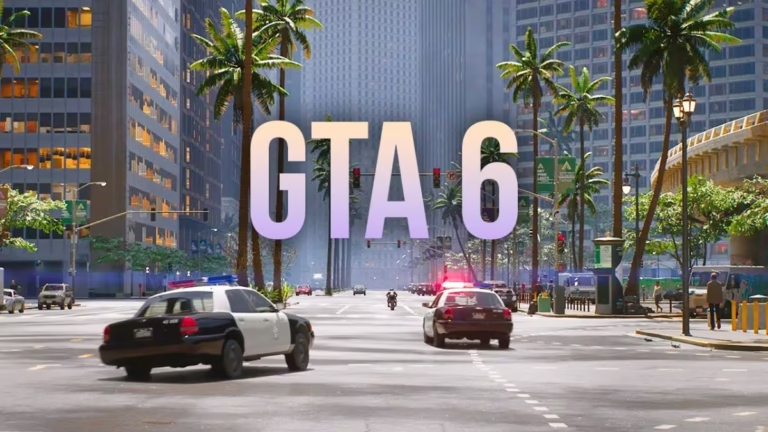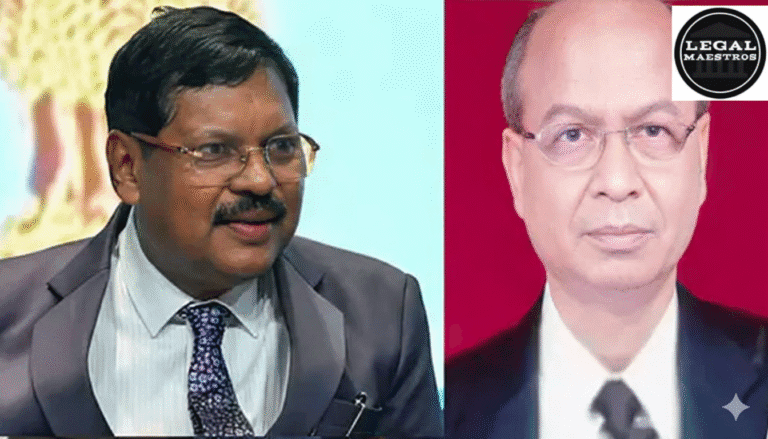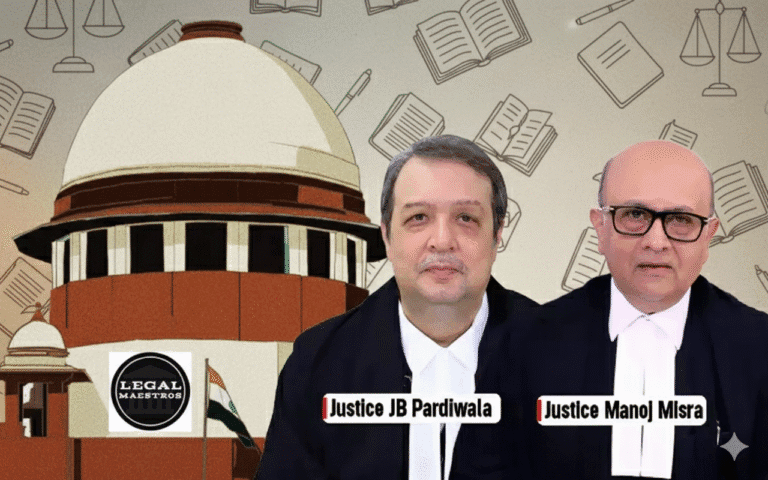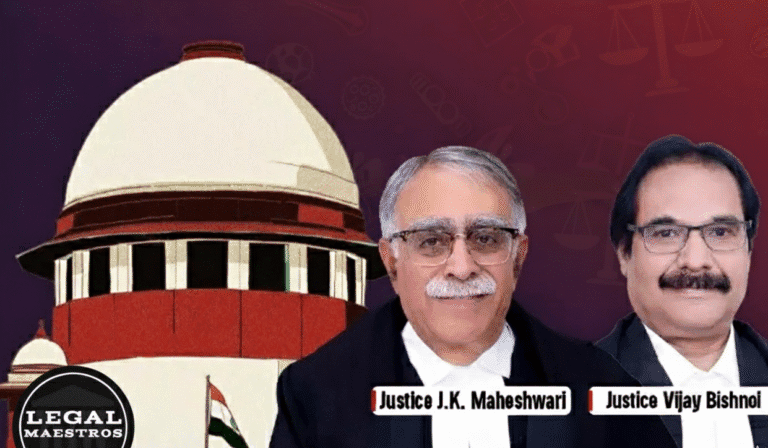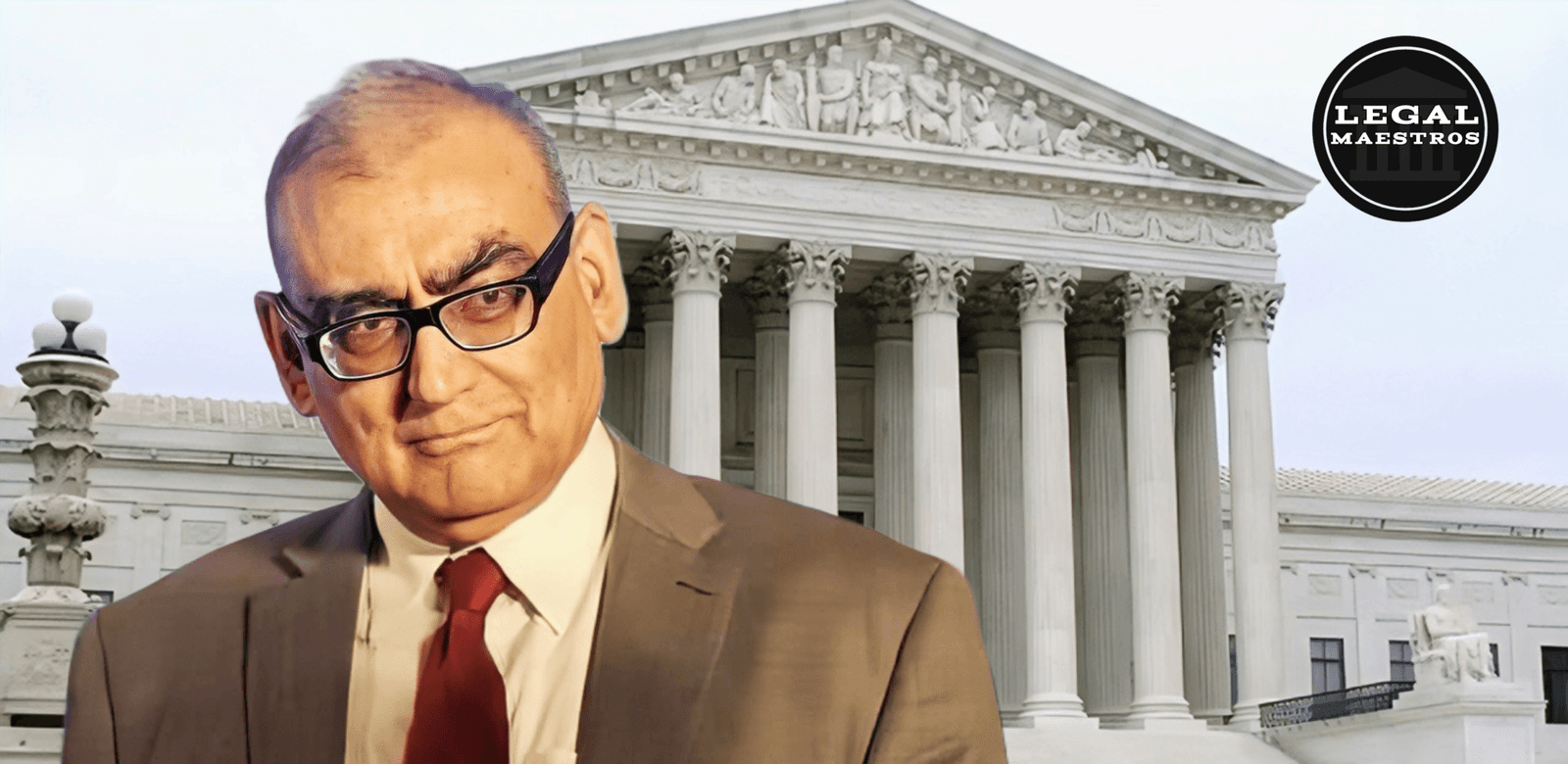
Justice Ketanji Jackson of the US Supreme Court has recently given a strong dissenting opinion in Trump vs CASA Inc, which is being widely discussed.
https://www.supremecourt.gov/opinions/24pdf/24a884_8n59.pdf
The challenge before the US Supreme Court was to what are called universal injunctions ( i.e. injunctions of courts applicable to persons who were not parties in the suit ). The majority of the Court held that universal injunctions by district and federal appellate courts were not valid.
For any queries or to publish an article or post or advertisement on our platform, do call at +91 6377460764 or email us at contact@legalmaestros.com.
In my opinion Justice Jackson is right. While Courts should ordinarily pass orders binding on the parties to the suit before it only, there is no absolute bar to passing universal injunctions in some specific circumstances.
The challenge before the district and federal courts was to President Trump’s Executive Order stating that a person born in USA does not become a US citizen if (1) the person’s mother was unlawfully present in USA at the time of the person’s birth, or (2) was lawfully but temporarily present, and the father was not a US citizen or permanent resident.
Justice Barrett, who delivered the majority verdict of the Court did not go into the question of the Citizenship Clause in the 14th Amendment to the US Constitution ( which Justice Sotomayor of the minority did ). That Clause states :
For any queries or to publish an article or post or advertisement on our platform, do call at +91 6377460764 or email us at contact@legalmaestros.com.
” All persons born or naturalized in the United States, and subject to the jurisdiction thereof, are citizens of the United States and of the State wherein they reside ”.
This Clause was first considered by the US Supreme Court in US vs Wong Kim Ark, 1898, in which it was held that because Wong, a Chinese, was born in the United States and his parents were not employed in any diplomatic or official capacity under the Emperor of China, the Citizenship Clause of the Fourteenth Amendment automatically makes him a U.S. citizen.
Thereafter, the Court has repeatedly reaffirmed Wong Kim Ark’s decision that a person born in USA automatically becomes its citizen. For instance, notwithstanding legislation declaring Japanese persons ineligible for citizenship, the Court held in Morrison v. California, 291 U. S. 82 (1934), that a child with Japanese parents “is a citizen of the United States if he was born within the United States ”. The Court recognized the same rule even during World War II, when individuals of Japanese ancestry were subject to curfew and exclusion orders. See Hirabayashi v. United States, 320 U. S. 81, 96–97 (1943). So too has the Court recognized that the child of parents unlawfully present in the United States “is, of course, an American citizen by birth.” United States ex rel. Hintopoulos v. Shaughnessy, 353 U. S. 72, 73 (1957). The same is true of children whose parents gained admission into the United States by unlawful means. See, e.g., INS v. Errico, 385 U. S. 214, 215–216 (1966); INS v. Rios-Pineda, 471 U. S. 444, 446 (1985).
For any queries or to publish an article or post or advertisement on our platform, do call at +91 6377460764 or email us at contact@legalmaestros.com.
https://en.wikipedia.org/wiki/Citizenship_Clause
President Trump’s Executive Order prima facie runs directly contrary to these decisions, and hence a universal injunction was clearly called for. As Justice Jackson points out in her dissent, there may be people unable to go to court due to poverty or some other reason, and great harm may be done to such persons if Trump’s order is enforced against them.
It may also be pointed out that the universal injunctions granted by the district and federal courts were not final verdicts.They were temporary in nature, and would have lasted only till the final decision of the court was pronounced.
For any queries or to publish an article or post or advertisement on our platform, do call at +91 6377460764 or email us at contact@legalmaestros.com.
It may be that the present US Supreme Court may reverse its earlier decisions about the Citizenship Clause ( as it did to Roe vs Wade in the abortion case ), but until and unless that is done, those decisions stand, and must be followed by subordinate courts.
Justice Jackson is therefore correct

